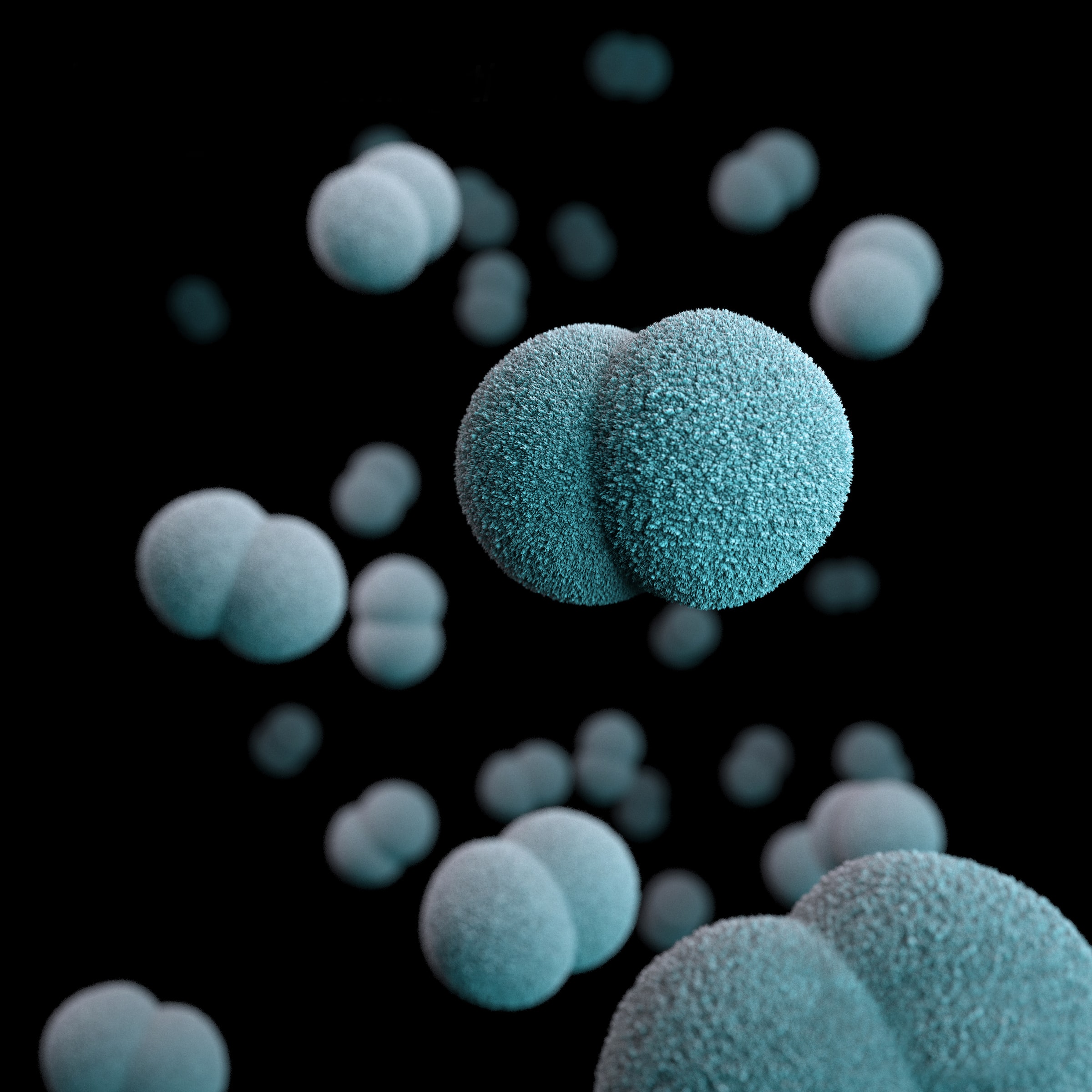Lab Projects
Antibiotic Resistance in Bacteria
Bacterial infections have become a very serious issue of public health due to resistance developed or acquired toward almost all the antibiotics that are in use today. It has become clear that bacteria have the potential to easily develop resistance toward an antibiotic due to the high mutagenesis rate of its genome and the genetic cross-talking among bacteria.
Our focus is understanding of the signaling mechanisms involved in induction of antibiotic resistance factors in pathogenic bacteria and especially in methicillin-resistant Staphylococcus aureus (MRSA). This strain has acquired resistance to almost all the clinically used antibiotics including vancomycin, an antibiotic of the last resort. Of particular interest are two research areas: (i) signaling transduction pathways related to S. aureus response to cell wall damage caused by the action of antibiotics such as beta-lactam antibiotics, glycopeptides and cationic antimicrobial peptides, and (ii) cell wall remodeling mechanism in S.aureus.
Drug resistance
The phenomenon of bacterial resistance has raised the question: Can we inhibit bacterial infections without giving rise to resistance. To put it differently: Is there a resistance-proof biological target? If this is possible, then what biological properties a resistance-proof target should have? Our group is investigating the answers to these questions and the solutions to these problems.

